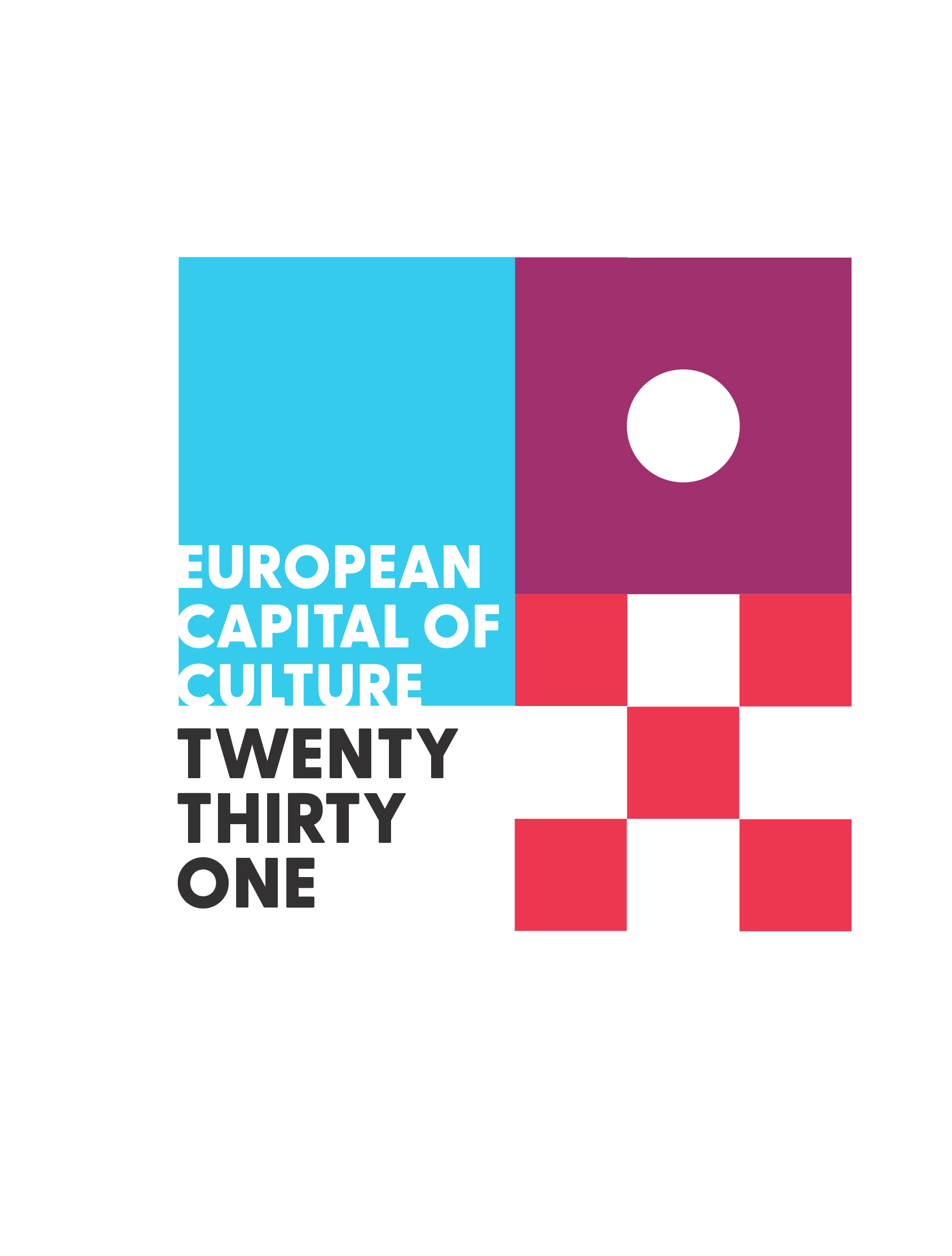Details have been published on vca.gov.mt/en/opportunities. Application forms must be submitted to ippartecipa@vca.gov.mt by not later than the 31st March 2021.
The European Capital of Culture title may be granted to any city who applies, as long as criteria are satisfied, none of which are related to a city’s size or geographic location.
Cities that successfully implement this ambitious project are the ones that have the human, physical (in terms of infrastructure) and financial capacity to carry out this ambitious project; lead and represent its region whilst reaching out beyond its borders to reach the whole of Malta and Gozo; create an innovative and forward-looking programme that may include, but cannot be limited to, its existing cultural offer; focus their work on its citizens and their connection with culture and Europe, rather than on tourism and create their own version of the ECoC concept that is uniquely reflective of the city whilst ensuring that art, culture and the European dimension are at its core.
Following Valletta 2018 European Capital of Culture, a city in the Maltese islands will be named European Capital of Culture 2031, according to a schedule established by the European Commission. The first local phase of the project invites towns to prepare and submit their initial proposal by means of a local Expression of Interest between January and March 2021.
As per the Creative Europe’s European Capital of Culture Programme, the initiative is designed to highlight the richness and diversity of cultures in Europe; celebrate the cultural features Europeans share; increase European citizens’ sense of belonging to a common cultural area and foster the contribution of culture to the development of cities.
The process of initial submissions is being led by the Valletta Cultural Agency which was established as a legacy of the Valletta 2018 Foundation. Part of the Agency’s remit, as set out by LN 427 of 2018 is: “to coordinate the bidding process for the next European Capital of Culture title for the Maltese Islands”.
The European Capital of Culture is a city designated by the European Union for a period of one year during which it is given a chance to showcase its cultural life and cultural development. Several European cities have used the Capital of Culture year to transform completely their cultural base and, in doing so, the way in which they are viewed internationally.
